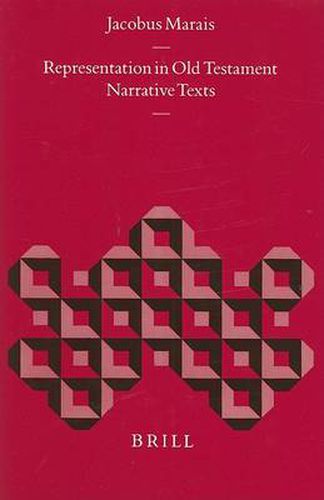Readings Newsletter
Become a Readings Member to make your shopping experience even easier.
Sign in or sign up for free!
You’re not far away from qualifying for FREE standard shipping within Australia
You’ve qualified for FREE standard shipping within Australia
The cart is loading…






This work focuses on the literary conventions of narrative texts in the Hebrew Bible, specifically exploring the mode of representation in the book of Judges. The theory of integrational semantics, developed by Benjamin Hrushovski, is systematized to form a theoretical framework within which representation is conceptualized. The author suggests a novel reading of the Judges-narrative to demonstrate particular conventions of representations. The notions of paradoxality, perspectivity and juxtaposition are used to demonstrate the potential value of types of logic, alternative to modernist logic, in reading ancient Hebrew narratives. A hypothetical representeme is constructed for the book of Judges to make it clear that the mode of representation is neither mimesis nor historiography, but narrative, representing by convention and not by correspondence to history.
$9.00 standard shipping within Australia
FREE standard shipping within Australia for orders over $100.00
Express & International shipping calculated at checkout
This work focuses on the literary conventions of narrative texts in the Hebrew Bible, specifically exploring the mode of representation in the book of Judges. The theory of integrational semantics, developed by Benjamin Hrushovski, is systematized to form a theoretical framework within which representation is conceptualized. The author suggests a novel reading of the Judges-narrative to demonstrate particular conventions of representations. The notions of paradoxality, perspectivity and juxtaposition are used to demonstrate the potential value of types of logic, alternative to modernist logic, in reading ancient Hebrew narratives. A hypothetical representeme is constructed for the book of Judges to make it clear that the mode of representation is neither mimesis nor historiography, but narrative, representing by convention and not by correspondence to history.